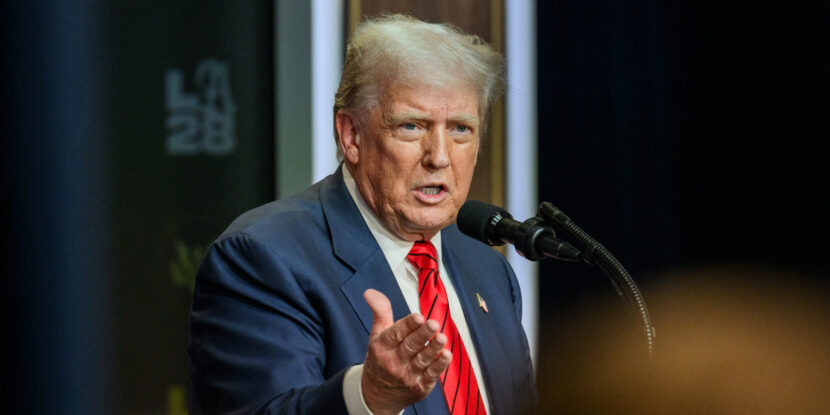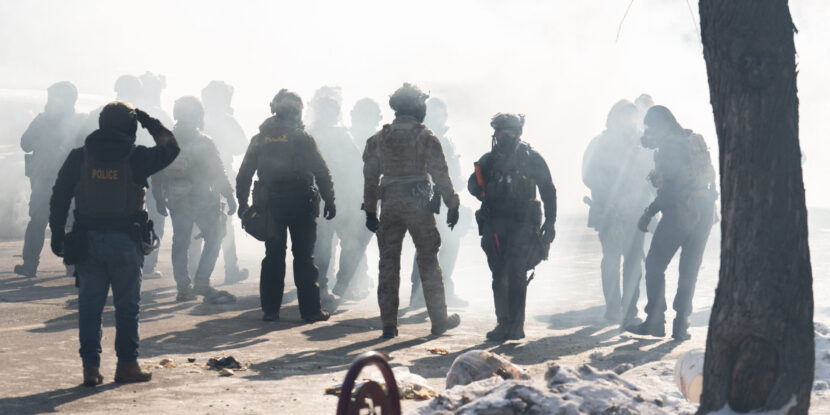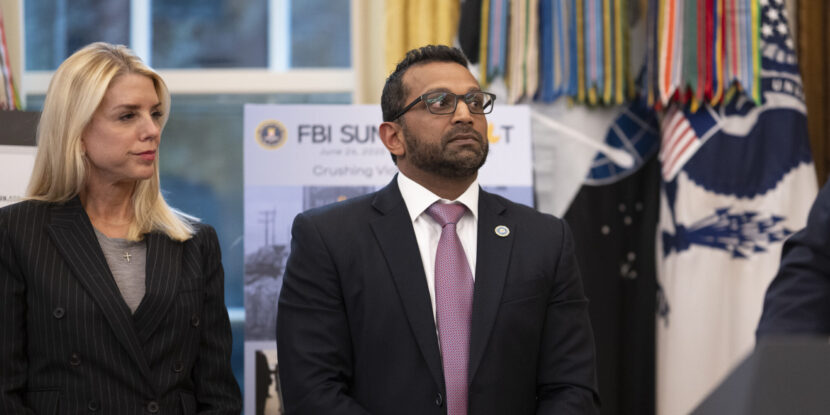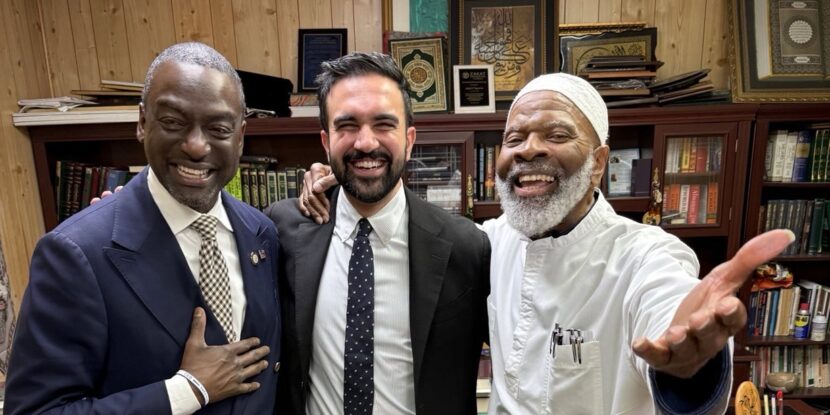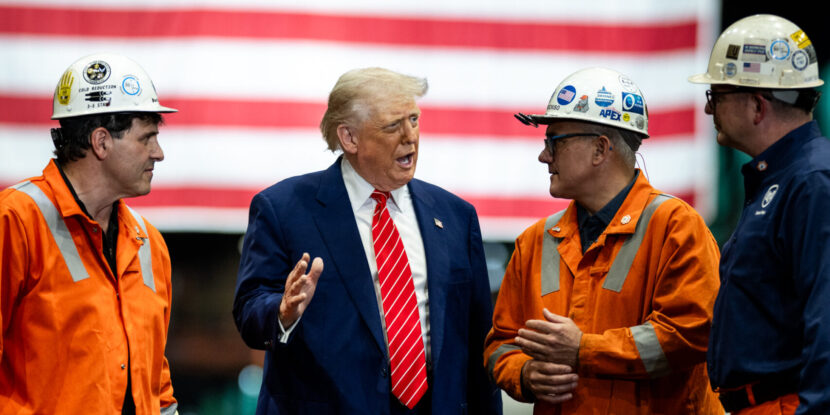❓WHAT HAPPENED: A State Department cable has directed U.S. embassies worldwide to enforce expanded visa screening rules under the “public charge” immigration provision, reviving a standard from the first Trump administration.
👤WHO WAS INVOLVED: U.S. embassies, consular officers, the State Department, and visa applicants worldwide.
📍WHEN & WHERE: The cable was sent to U.S. posts globally on November 5.
💬KEY QUOTE: “Self-sufficiency has been a longstanding principle of U.S. immigration policy.” – State Department Cable
🎯IMPACT: Consular officers are instructed to deny visas to applicants likely to rely on public benefits, with a broad range of factors now under scrutiny.
A new State Department cable instructs U.S. embassies worldwide to implement stricter visa screening rules under the “public charge” provision of immigration law, reviving and expanding a Trump-era policy that was scaled back under former President Joe Biden.
The directive orders consular officers to deny visas to applicants who are deemed likely to rely on public benefits, with evaluations based on factors such as health, age, English proficiency, financial status, and potential long-term medical needs. “Self-sufficiency has been a longstanding principle of U.S. immigration policy,” the cable states, emphasizing that the public charge rule has been part of immigration law for more than a century.
Older applicants approaching retirement age are to face particular scrutiny over their employment prospects and financial means after retiring. The cable notes that “Long-term institutionalization (e.g., at a nursing facility) can cost hundreds of thousands of dollars per year and should be considered.”
The guidance follows an executive order signed by President Donald J. Trump titled “Ending Taxpayer Subsidization of Open Borders,” which seeks to ensure that “no taxpayer-funded benefits go to unqualified aliens.” It reminds officers that determining whether an applicant is a public charge is “in the opinion of the consular officer” and requires a “comprehensive and thorough vetting” of each case, taking into account the “totality of the applicant’s circumstances.”
The policy grants U.S. consular officials abroad broad discretion to deny visas on public charge grounds. Under the Biden regime, the rule’s scope was narrowed to consider only limited benefits such as cash assistance, but the new guidance represents a return to the broader interpretation used during Trump’s presidency. Embassies are instructed to verify all supporting financial documents and closely evaluate applicants’ ability to support themselves without public aid.
The move is part of a larger effort by the Trump administration to tighten visa controls and emphasize economic self-sufficiency among immigrants. In recent months, the administration introduced a $100,000 application fee for H-1B visas, arguing the program has been “deliberately exploited to replace, rather than supplement, American workers.” Trump officials also launched a comprehensive review of the approximately 55 million visa holders currently in the United States, aimed at identifying potential security risks and overstays.
Join Pulse+ to comment below, and receive exclusive e-mail analyses.
